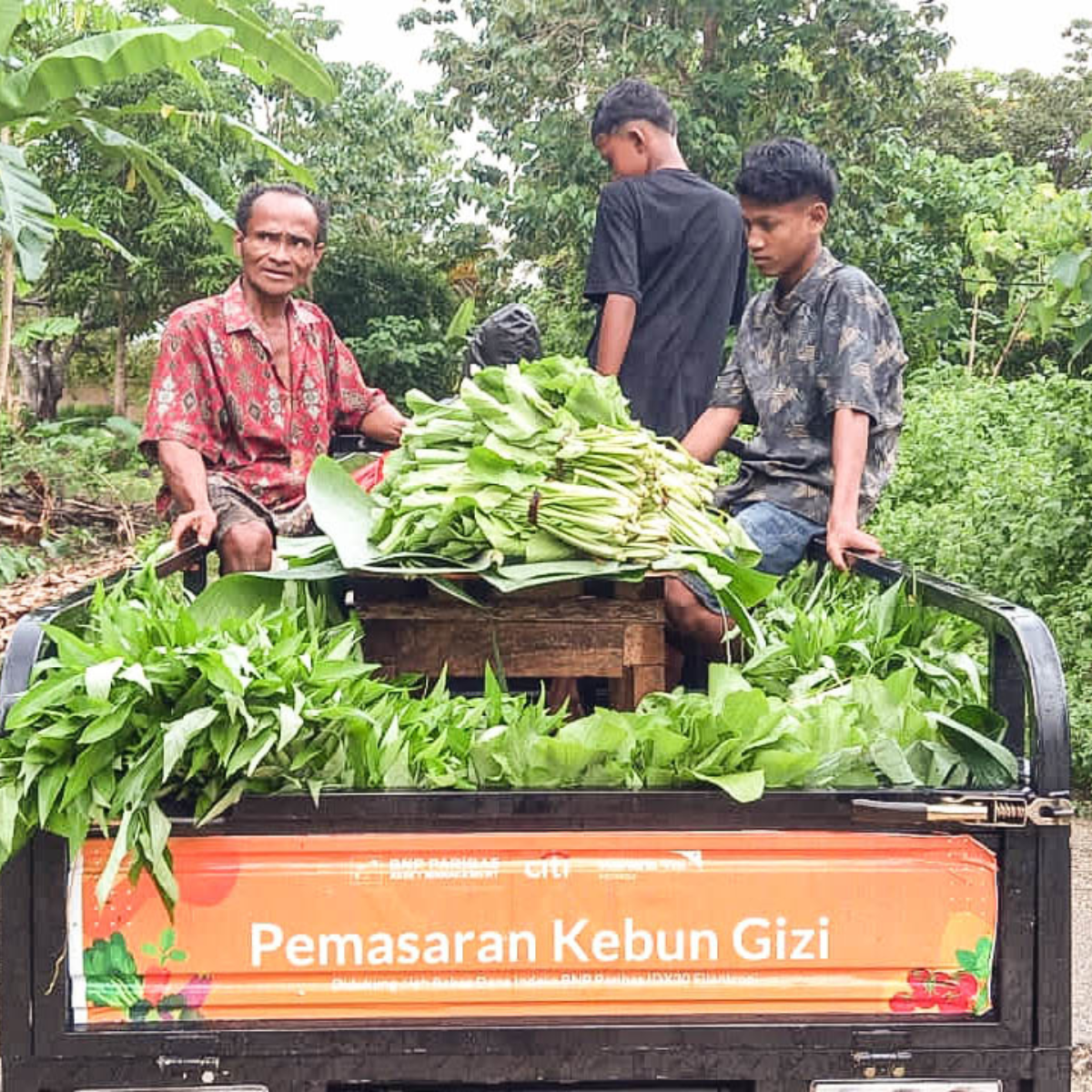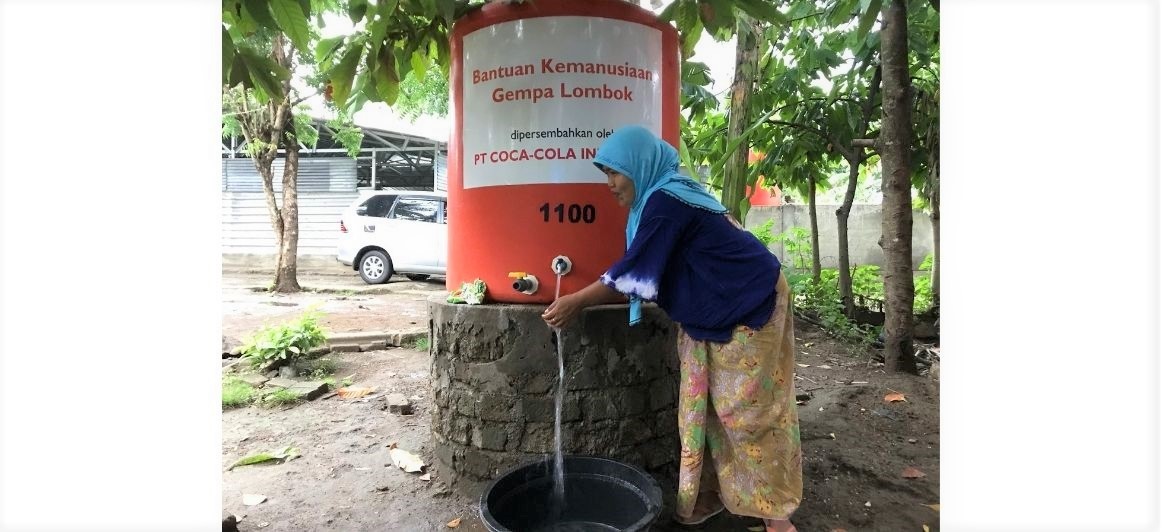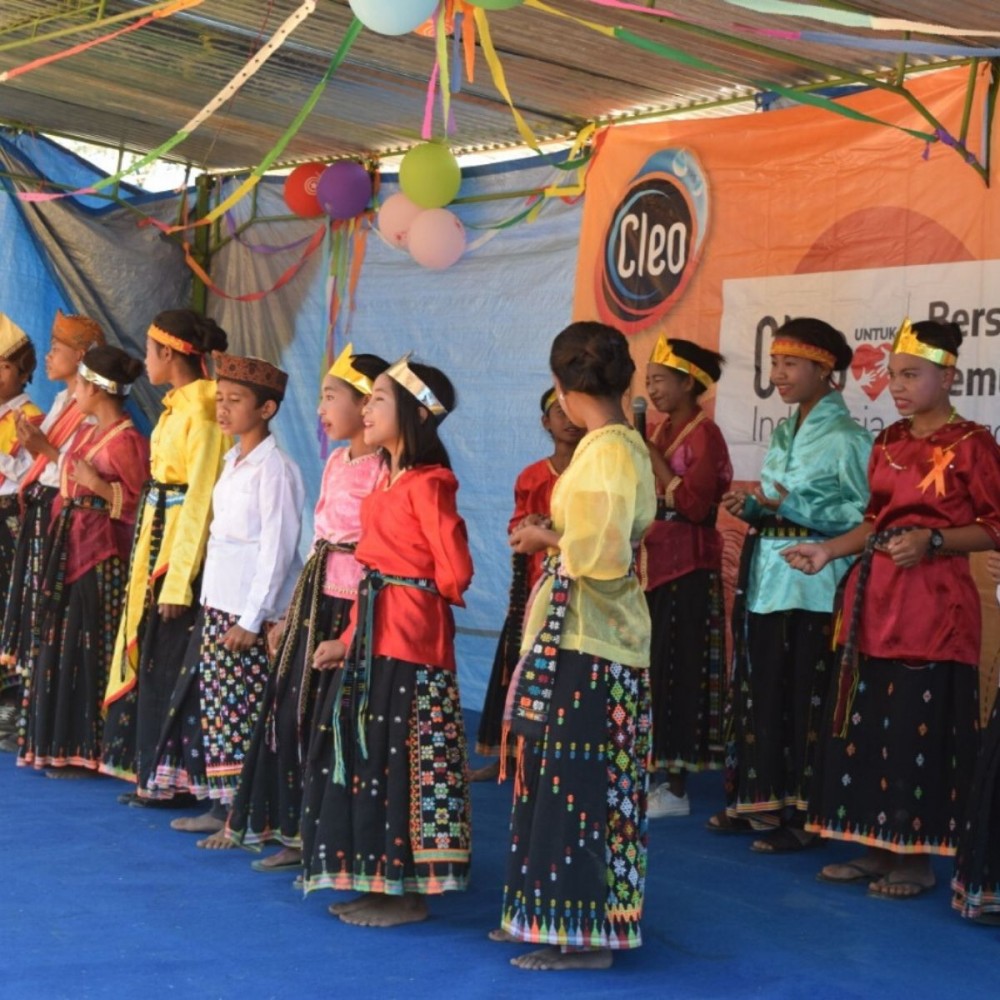The Economic Value of a Nutritional Garden

Although growing vegetables is tiring, it turns out to be more difficult to market them. This is what the owners of nutrition gardens in Southwest Sumba Regency are experiencing. A good and bountiful harvest can fulfil the need for a variety of foods for toddlers. In this case, the nutrition garden can also be a source of additional income for the family. However, parents who own nutrition gardens find it difficult to find buyers or markets that provide profit.
In the meantime, these parents also have limited capacity to manage the household economy. Seeing this problem, WVI, with the support of the BNP Paribas IDX30 Philanthropy Social Fund 2022 hosted by BNP Paribas Aset Management and Citi Bank, is providing comprehensive assistance. Developing the capacity of parents to be financially wise and providing facilities that facilitate the sale of vegetables from the nutrition garden are the intervention options to support the economic progress of the community.
"Before we received this three-wheeled motorbike, we could only go around the nearby villages to sell the vegetables from the nutrition garden. Because we walk, we can't go far," said Marten Muda Tebe (36), one of the parents who owns a nutrition garden in a WVI-assisted village in Southwest Sumba. This confined marketing area makes sales results not very profitable. "We can only earn 100 to 150 thousand rupiah per day," he said.
Pak Marten, as he is fondly called, is one of the beneficiaries of the three-wheeled motorbike support used to market vegetables from his nutrition garden. He was also involved in Gender Inclusive Financial Training and Household Economic Management (PERT) training. "Now that I can go around selling vegetables using the motorbike, I can earn 200 to 300 thousand a day. I can also sell a lot of vegetables immediately because the motorbike load is quite large," said Pak Marten.
The proceeds from the sale of his kale and mustard greens can then be used to buy new vegetable seeds, buy water to water the nutrition garden, and to help meet the needs of his children and family. Nutrition gardens are a new hope for people in the villages of Southwest Sumba Regency. Now nutrition gardens can also be a sustainable economic driver and support the welfare of children, families and village communities.
Writer: Mariana Kurniawati (Communication Executive)
Contributor: WVI Sumba Barat Daya Operational Office


